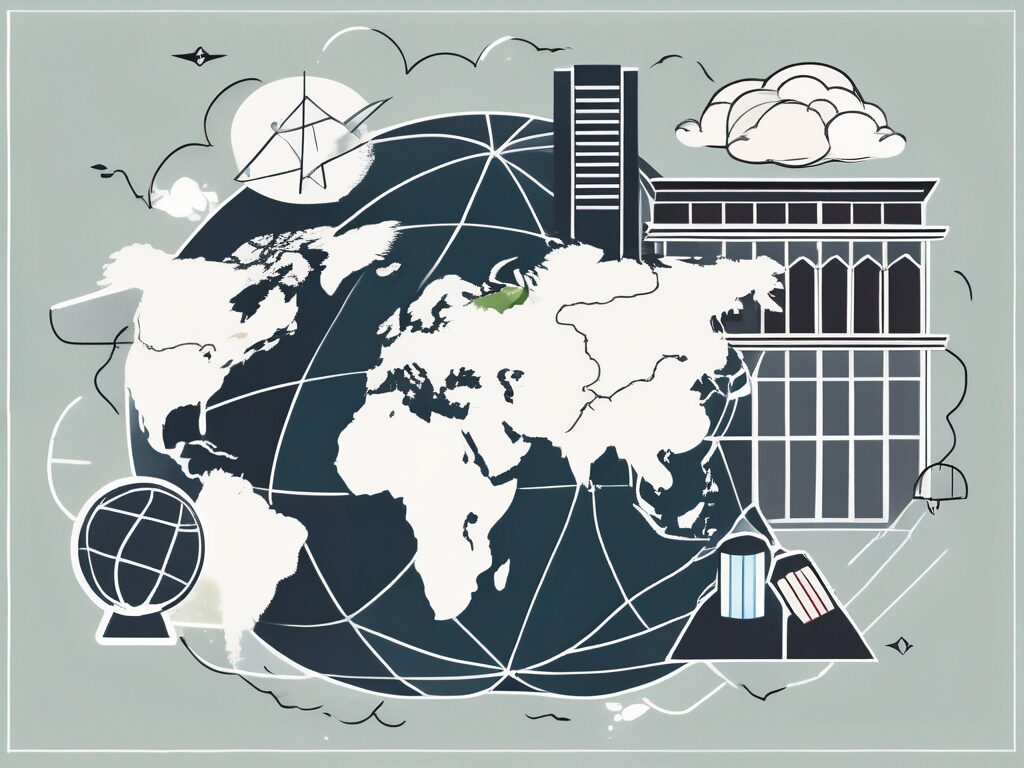Singapore, a small island nation, has made a big splash on the global stage with its high-performing education system. However, like any system, it’s not without its challenges. In this piece, we’ll delve into five key issues faced by international teachers pursuing a Master’s in Education in Singapore.
1. Cultural Differences
Understanding Singaporean Culture
One of the first hurdles international teachers may encounter is the cultural difference. Singapore is a melting pot of cultures, with a mix of Chinese, Malay, Indian, and Western influences. This cultural diversity is reflected in the classroom, where teachers are expected to respect and accommodate a variety of traditions and customs.
For instance, the concept of ‘face’ is significant in Singaporean society. It refers to one’s reputation and social standing. Teachers must be careful not to cause students to ‘lose face’ through public criticism. Navigating these cultural nuances can be challenging for international teachers, but a Master’s in Education can provide the necessary training and understanding.
Language Barriers
While English is one of the official languages in Singapore, the local vernacular, Singlish, can sometimes be difficult for foreigners to understand. Singlish is a unique blend of English, Malay, Hokkien, Teochew, and Tamil. International teachers may find it challenging to communicate effectively with students and parents who predominantly use Singlish.
However, with time and immersion in the local culture, teachers can pick up the nuances of Singlish. Additionally, language courses and resources can help bridge this gap.
2. High Academic Expectations
Pressure to Perform
Singapore’s education system is renowned for its rigour and high standards. This translates into high expectations for teachers, who are under pressure to ensure their students perform well academically. International teachers may find this level of expectation daunting, especially if they’re used to a more relaxed educational environment.
However, a Master’s in Education equips teachers with the pedagogical skills and knowledge to meet these high standards. It provides a comprehensive understanding of curriculum design, assessment methods, and teaching strategies to help students excel.
Competitive Environment
The competitive nature of Singapore’s education system can also be challenging. Students often participate in numerous extracurricular activities to bolster their academic profiles, and teachers are expected to support and guide them in these endeavours.
While this can be demanding, it also offers teachers the opportunity to engage with students in a broader context, fostering holistic development. A Master’s in Education can provide the necessary skills to manage this competitive environment effectively.
3. Adapting Teaching Styles
Rote Learning vs Critical Thinking
Traditionally, Singapore’s education system has been criticised for its emphasis on rote learning. However, in recent years, there’s been a shift towards promoting critical thinking and creativity in the classroom. International teachers may struggle to adapt their teaching styles to this evolving educational landscape.
However, a Master’s in Education can help teachers develop a flexible teaching approach that balances traditional methods with innovative strategies to foster critical thinking. This can enhance their effectiveness in the Singaporean classroom.
Classroom Management
Classroom management can also be a challenge. Singaporean students are known for their discipline and respect for authority, which may differ from the classroom dynamics international teachers are accustomed to.
However, a Master’s in Education can provide insights into effective classroom management strategies, helping teachers maintain a positive and productive learning environment.
4. High Cost of Living
Financial Challenges
Singapore is one of the most expensive cities in the world. The high cost of living can pose a significant challenge for international teachers, particularly those on a tight budget. From accommodation to food and transportation, expenses can quickly add up.
However, many international teachers find that the high salaries and benefits packages offered by Singaporean schools help offset these costs. Additionally, prudent financial planning can help manage living expenses effectively.
5. Work-Life Balance
Long Working Hours
Teaching in Singapore can be demanding, with long working hours and high expectations. This can make it challenging for international teachers to maintain a healthy work-life balance.
However, schools in Singapore often provide support in the form of counselling services and wellness programmes. Moreover, the country offers a high quality of life, with a wide range of leisure and recreational activities to enjoy in one’s free time.
Stress Management
The pressure to perform can also lead to stress. It’s crucial for international teachers to develop effective stress management strategies to maintain their wellbeing.
A Master’s in Education can provide teachers with the tools to manage stress effectively, promoting resilience and job satisfaction. Moreover, the supportive community of international teachers in Singapore can provide a valuable network for sharing experiences and advice.
In conclusion, while there are challenges associated with pursuing a Master’s in Education and teaching in Singapore, the rewards can be substantial. From the opportunity to work in a high-performing education system to the cultural immersion and personal growth, the experience can be a fulfilling and enriching one for international teachers.
Advance Your Teaching Career with The IQTS at UWE
As an international teacher in Singapore facing the challenges of qualification requirements, career progression, professional isolation, and understanding global education systems, The International Qualified Teacher Status (iQTS) programme at UWE is your pathway to success. With the iQTS, you can overcome the barriers that 80% of educators face, enhance your career with a 45% increase in promotion rates, connect with a wider professional community, and gain valuable insights into international curricula. Embrace the opportunity for professional development with flexible online study options that fit your busy schedule. Make Your Next Step towards a more fulfilling teaching experience in Singapore and beyond with the iQTS programme.

